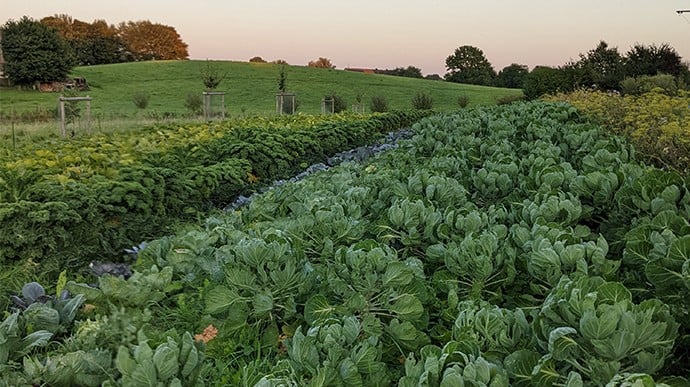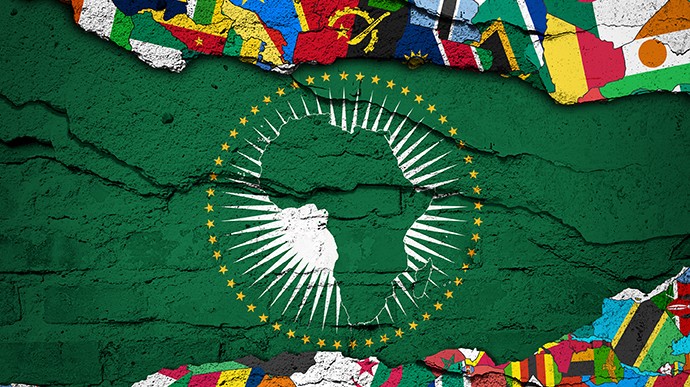 Talking Point
Talking Point
To ensure South Africa and its children are not left behind in the global artificial intelligence (AI) race, we have to start “training” our learners today, despite the playing fields not yet being level. But are our teachers ready, willing and able to equip young minds with AI-driven skills? This is a question that Professor Lindelani Mnguni, Dean of the Faculty of Education at the...
 Talking Point
Talking Point
Techno-stress – the constant presence and change of information and communications technology in digitised workplaces – is a growing phenomenon that significantly affects the well-being of employees.
 Talking Point
Talking Point
Researchers at the University of Pretoria (UP) have been working to identify genes that make African women more susceptible to certain forms of breast cancer. However, this is no easy task as very little genomic information is known about African populations.
 Talking Point
Talking Point
Nearly 300 years ago the Swedish botanist Carl Linnaeus secured his place in scientific history when he created what’s known as the binomial system. The year was 1737 and, due to the large diversity of plants and animals collected by naturalist explorers in different parts of the world, Linnaeus saw the need to develop a logical system to classify and group this material in a systematic way.
 Talking Point
Talking Point
Value addition is a central theme in agriculture. The concept involves adding value at every step, from production to delivery of a product. This creates opportunities for farmers and companies to find competitive advantages. It also has the potential to improve food security and create employment.
 Talking Point
Talking Point
The African Union (AU) was born in the South African port city of Durban in 2002. Under its first chair, Thabo Mbeki, African leaders seemed determined to abandon the grandiose plans of its predecessor, the Organisation of African Unity (OAU). The OAU had been established in 1963 to promote African unity and liberation. Other aims included: to protect the territorial integrity of its member...
Copyright © University of Pretoria 2025. All rights reserved.
Get Social With Us
Download the UP Mobile App